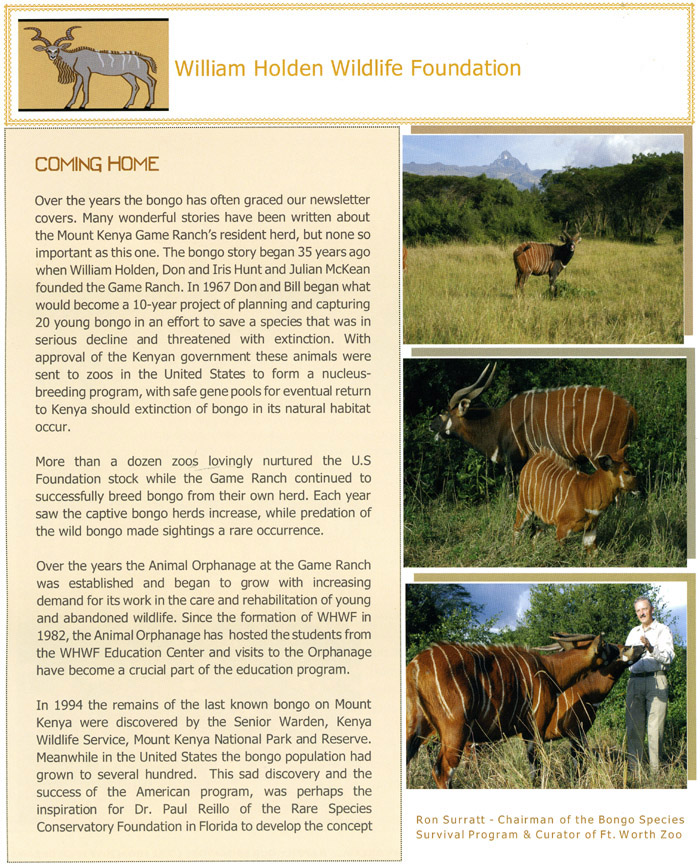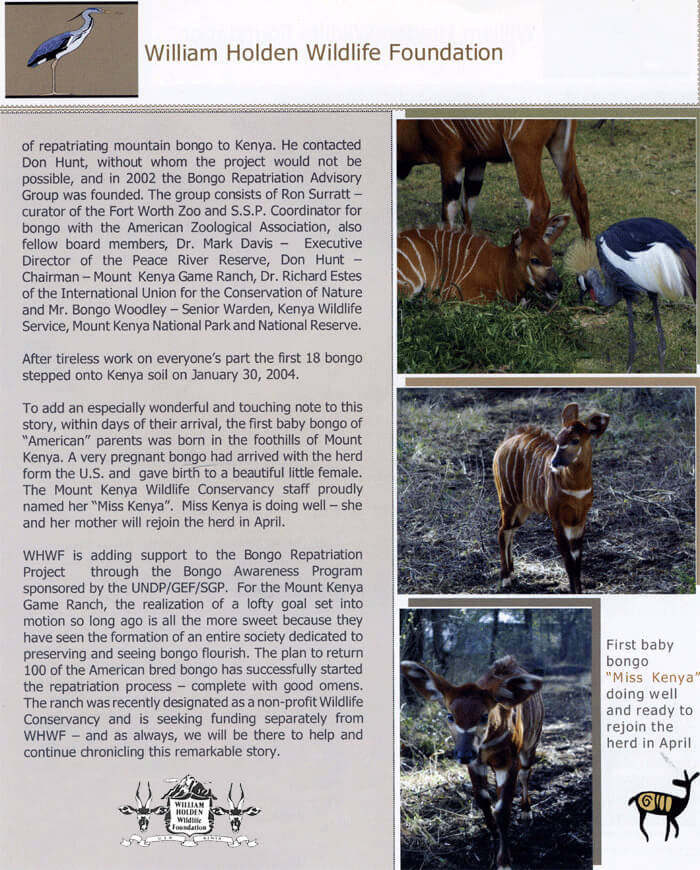
Lectures & Field Trips Organized by Us
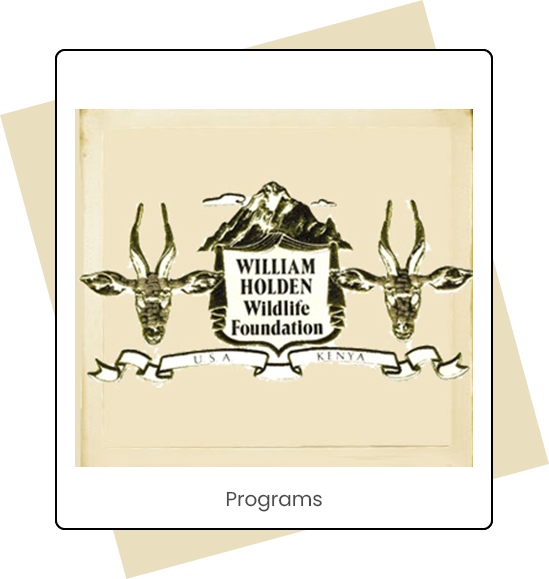
In addition to our main Education Center's student visitors who learn through our lectures and field trips about the importance of conservation, we also have rural outreach programs attached to nearby schools, the bongo awareness program, as well as a pen pal program. Find out more about them below.
Our rural outreach program constitutes libraries, classrooms, and kitchen canteens built at existing primary and secondary schools near village communities that are lacking in these facilities.
Out in "the bush" is the front line confrontation of humans and nature where alternatives to destruction serve to help all species, including our own, and where we have found that we can really make a difference.
Each library is equipped with imported and local books, charts, maps, and displays, plus a biogas unit, water catchment, and a tree nursery. We also do captive breeding programs.
Each classroom is equipped with blackboards, a teacher's desk, chairs, and desks that our sponsors have supplied through the Adopt A Desk program. Click Here for more information on our Adopt A Desk program and how you can adopt your own desk.
Each kitchen canteen is equipped with new cookers and a clean, sanitary kitchen and eating area for the students.
Our rural outreach project is associated with these rural schools:
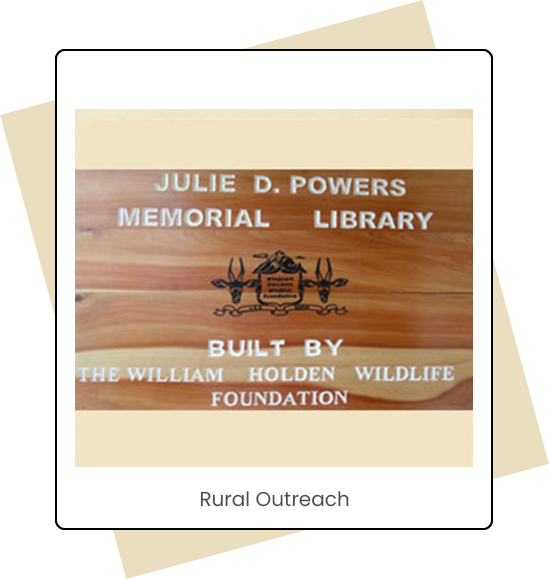
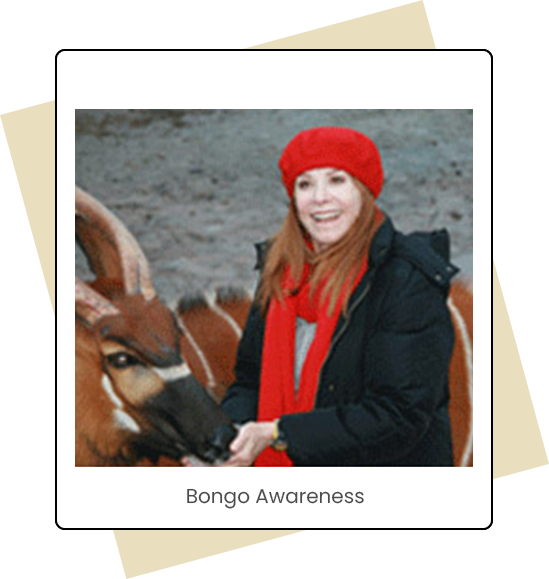
The Mt. Kenya ecosystem is a world heritage site and would not be complete without the abundance of bongos that it used to hold. The success of this Bongo Awareness Program, funded by the WHWF, depends on the support and commitment of the people of Kenya to ensure the security and protection of the bongos, other wildlife, and habitat.
The mountain bongo is an extremely valuable animal to the local community. If their numbers can be built up, this would create investment in tourism facilities and employment for many Kenyans. It most certainly would be a big boost for Kenya tourism, both local and foreign. The release of the mountain bongo to the Mt. Kenya forest will provide an opportunity to impress upon the communities the importance and value of Mt. Kenya as a water catchment, its biodiversity, tourism, employment, and river preservation as a world heritage site.
The Bongo Awareness Program is designed to take the bongo conservation message to the communities that live in the bongo dispersal areas of the Mt. Kenya forest. It is aimed at covering the districts where the bongo will first settle. The target is the communities and schools neighboring the Mt. Kenya forest.
The project is hoped to promote the biodiversity of the Mt. Kenya Ecosystem. Other animal species will benefit from the special conservation messages put into place as a direct result of the bongo protection.
Conservation of the bongo as an umbrella species and the education of the local communities on the importance of conserving Mt. Kenya as a world heritage site will help to conserve other natural resources. The entire work is aimed at uniting all conservation stakeholders by a common goal: to take responsibility for protecting the biodiversity of their land.
The Bongo Awareness Program was successfully carried out between Sept. 29 and Nov. 17, 2009, in three of the districts where the bongos are expected to settle and establish their new homes. Extensive visits were made in the newly created districts of Buuri and Kieni East and the Laikipia East District. Schools, self-help groups, community and youth groups, and various government offices were visited. At all sites, a talk was given on the importance of forest conservation for the benefit of the bongs, as well as a brief explanation of the Bongo Repatriation Project, and bongo posters and booklets were distributed.
